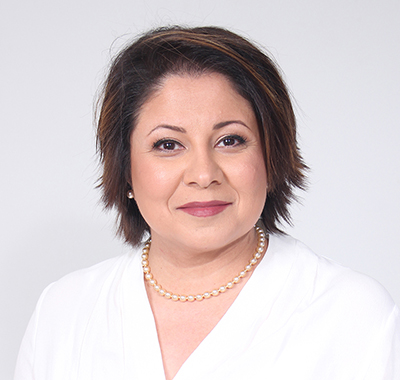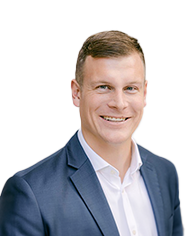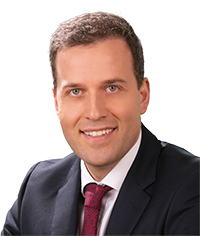Dr Maryam MKhani
Director, CCUS Technology Integration
“I’ve always loved coming up with new ideas that challenge the status quo. We’re only ever one idea away from transforming the hardest to abate sectors of the global economy.”

Maryam’s involvement in cutting edge carbon capture technology began about two decades ago.
“During my post-doctoral research at the University of Calgary, I developed technical concepts and validated them through modeling and experimental works, for the design of a chemical recovery process for a direct air capture (DAC) plant.”
“I’ve also been involved in new technological concepts for CCUS in the oil industry. And published dozens of articles and contributed to books and patents on emerging technologies in the energy intensive industries.”
This cross industry experience has given Maryam a unique understanding of the complexities – and often competing demands – at this stage of the energy transition.
Finding new solutions for a dynamic energy market
“Energy is a basic need for humanity,” says Maryam. “But in most places, it’s not fairly distributed or sustainably generated.
“Renewables are shifting this dynamic,” she continues. “But our primary sources of energy and chemicals today still come from fossil fuels. Most energy intensive industries are struggling to balance providing secure energy for everyone and reducing their environmental impact.
“Utilizing CO2 as a feedstock can help maintain this balance,” says Maryam. “We don’t want more CO2 in the atmosphere, but we can reuse it in other processes and enable a new economy for CO2 in hard to abate sectors.
“My role is to review technologies and strategize their roles across the value chain of CCUS,” she says. “I combine technical skills with design thinking to provide strategic recommendations to our customers. From traditional power and energy producers to hard to abate chemicals and materials producers that are committed to decarbonization.”
Addressing the misconceptions about CCUS
Maryam appreciates the reputational challenge CCUS faces in many regions. However, she is confident CCUS technologies will prove their worth across a wide range of applications.
“I’ve probably heard every criticism about CCUS,” Maryam says. “I’ve heard it’s too expensive. It won’t be needed after we meet net zero. It justifies our reliance on the fossil fuel industry, to name a few.
“It’s true that no single technology or approach can solve the decarbonization challenge alone. But CCUS can be a viable option for drastic reductions in CO2 emissions to help avert the worst impacts of climate change.
“We can’t turn our backs on carbon intensive industries on this journey to net zero,” continues Maryam. “And it’s rewarding to support projects that prove decarbonization is possible in any sector.”








